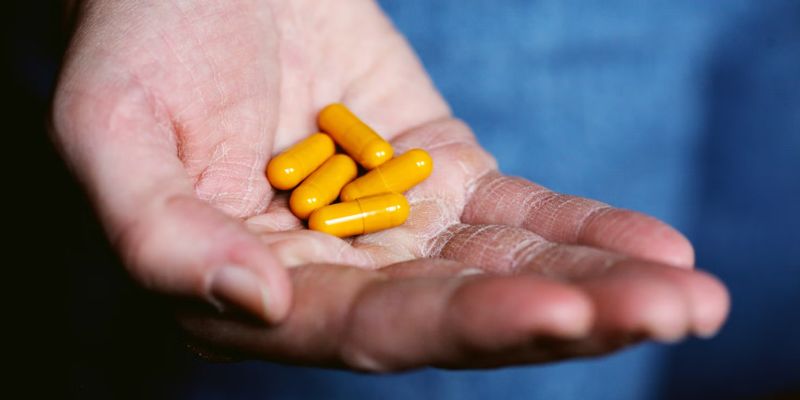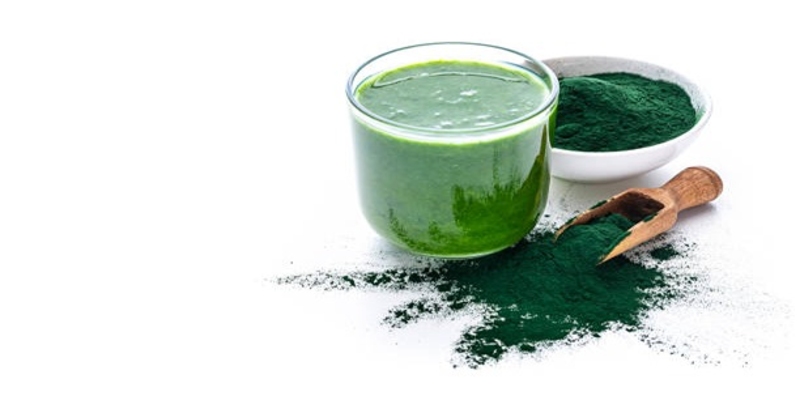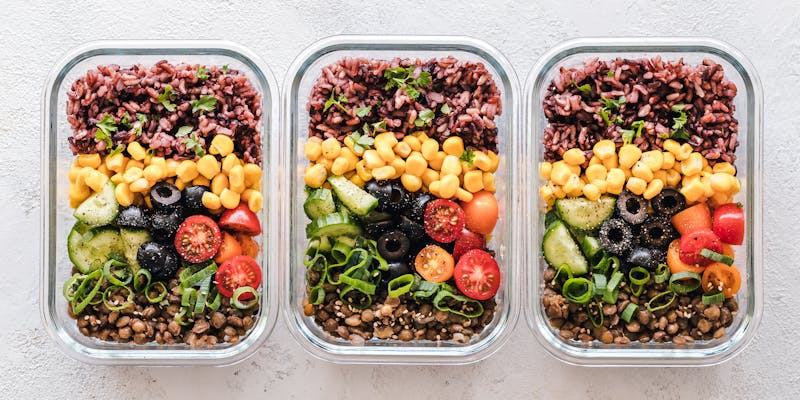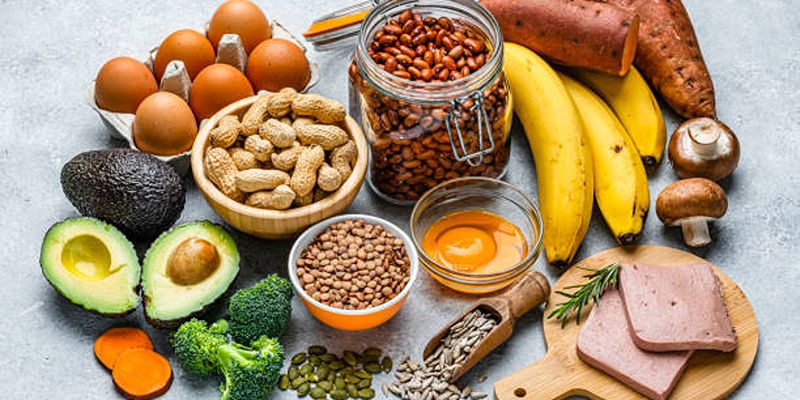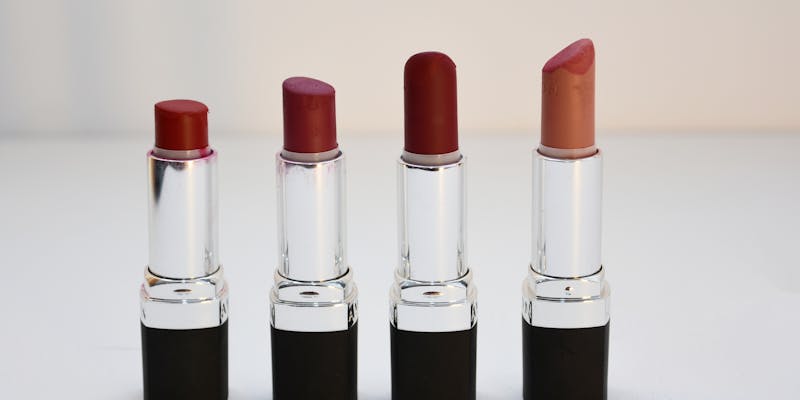When we talk about bubble tea, Taiwanese pocas bubble tea, often known as bubble tea, has spread worldwide. A cocktail shaker mixes tapioca pearls, milk, and white, green, or black tea. Pearls from the straw resembling tiny bubbles are renowned for their delectable sweetness and silky, chewable consistency.
There are many possible flavor combinations for bubble tea. It can be personalized by adding various fruit preserves, pudding, ice, fruit pieces, and syrups. Serve the tea chilled and accompanied by a sizable straw, allowing for simultaneous sipping of the boba.
Boba Nutrition Facts
The USDA provides nutrition facts for half a cup (76 grams) of dry pearl tapioca, also called dried boba.
- Calorie: 273
- Fat: 0g
- Sodium content: 0.8mg
- Carbohydrates 6.5%
- Sodium iron: 1.2mg
- Folate: 3 mg
- Fiber: 0.7g
- Sodium: 2.5g
- Protein: 0.1g
- Calcium: 15.2mg
Diversity exists in the nutrient composition of boba, which is commonly referred to as tapioca pearls. In addition to 15 grams of carbohydrates and 63 calories per ounce, traditional tapioca boba contains many artificial flavors, colors, and preservatives. Most of the 25 calories in a serving of bursting pocas bubble tea are derived from sugar (6 grams of total carbohydrates and 5 grams of sugar). Flavors may contain minute quantities of preservatives such as fruit juice, tapioca starch, and seaweed extract, which may also contain trace amounts of sodium. A 16-ounce cup of bubble tea can easily contain 500 calories when incorporating all of the saccharine ingredients.
Benefits Of Bubble Tea
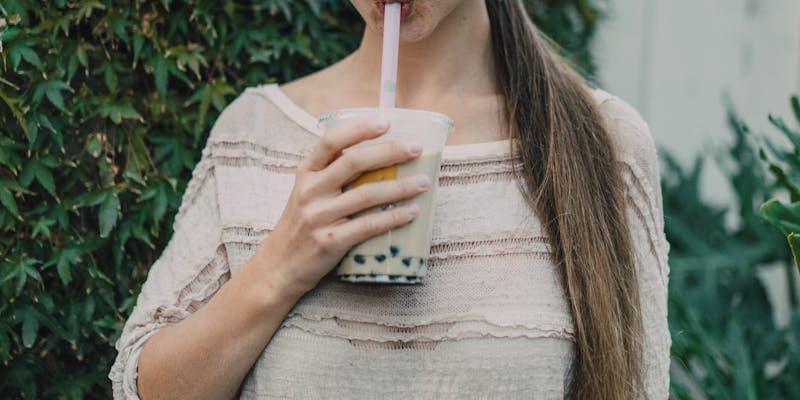
Consists Of Abundant Calcium
As the milk tea foundation is a prevalent component in boba tea, a single cup may contain a significant quantity of calcium. Calcium regulates multiple physiological processes within the blood. Consuming the recommended daily allowance of calcium may improve brain health, blood pressure regulation, and blood coagulation. Consistent calcium intake is vital for maintaining optimal health, and occasionally, indulging in pocas bubble tea treats is an excellent method to fulfill this nutritional requirement.
Decrease the Risk of Cancer
Boba tea's ability to prevent cancer is a significant factor in determining which types of tea complement it. Green tea, which also reduces the risk of cardiovascular disease and stroke, is a popular choice for the base of bubble tea mix due to its numerous health benefits.
Boba tea is an excellent material for a delicious and nutritious bubble tea mix due to the capabilities of its constituent compounds to target and eliminate cancer cells. Daily consumption of green tea also promotes weight loss and provides anti-inflammatory properties. Several health benefits are associated with simply consuming green tea.
Refuels The Energy Levels
Typically, boba tea beverages, when sipping from bubble tea straws, are high in carbohydrates and sugar. Although carbohydrates are essential for basic biological processes, sugar may offer an instantaneous increase in energy. Numerous activities of daily living depend on the body's capacity to convert carbohydrates into energy. Certain bodily functions may become more difficult to perform without carbohydrates, and insufficient consumption can result in various disagreeable side effects, including fatigue, migraines, and frailty.
Uplifts Mood
At some point, self-pampering becomes acceptable, and you are included. Occasionally, everyone deserves a little pleasure, particularly if they have been experiencing a difficult time. Similar to how the benefits of bubble tea mix can provide you with sustenance and support your mental well-being, they can also serve as a delightful incentive for your diligent efforts.
Potential Risks of Boba Tea
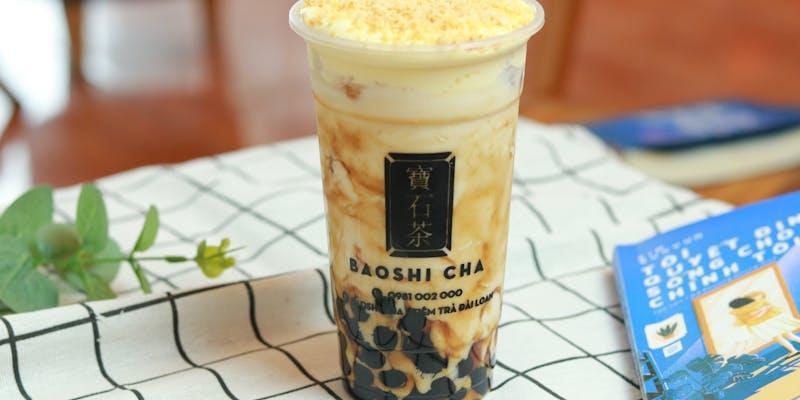
Potential health hazards associated with bubble tea mix encompass its elevated sugar content and the inclusion of green tea, a component found in certain varieties of bubble tea that offer health benefits. The quantity of sugar added to boba tea is contingent upon vaccination against health complications.
Excessive In Sugar
Sugar is unhealthy in excess. Malignancy, cognitive impairment, NAFLD, obesity, and cardiovascular disease are examples. Sweetened beverage consumption often causes youngsters to gain weight.
Its overconsumption may harm the body. Sugary drinks and meals may cause excessive weight gain since they don't satisfy hunger. Excess may result. Sugar consumption may promote abdominal obesity. Diabetes and cardiovascular disease are connected to this fat. Sugar overworks the liver, so moderation is key. NAFLD is caused by hepatic sugar conversion into fat from excessive sugar ingestion. Fat accumulates in the liver, posing a serious risk of liver damage.
Links To Allergies
Allergic reactions and Boba intolerance come hand in hand. It requires crushed cassava root tapioca spheres. If you have root vegetable allergies, avoid boba. Cavusa may have latex allergies.
The sticky tapioca pellets in boba are cassava when sipping from bubble tea straws. Boba may cause root vegetable allergies in certain individuals. Latex-sensitive people may find cassava uncomfortable because of their relationship. Why? Because cassava and latex are structurally similar, the immune system may confuse one for the other and induce an allergic reaction.
This reaction may cause minor itching and significant consequences. Thus, individuals with food allergies must read labels carefully to discover what's in their meals. Boba may contain allergies despite its taste and amusement; therefore, sensitive persons should avoid it.
Is Boba Tea Healthy?
The fizzy drink boba tea, which many people like and contains tapioca pearls, is often debated. Although boba tea includes tapioca pearlscarbohydratessome health experts argue that this does not harm the drink. Minimize your sugar intake. Sodas, including boba tea, should not be shamed for being "bad" but should be enjoyed guilt-free. Chewing food deeply and eating thoughtfully (i.e., not eating while multitasking) greatly enhances this.
There is no need to worry if drinking boba tea puts you in a good mood. However, it is recommended that anyone suffering discomfort or gastrointestinal disorders avoid taking the chemical until its source is determined. Boba drinks may make lactose intolerance symptoms worse as they include dairy milk.
Aside from its possible health benefits, bubble tea mix has become a ubiquitous beverage and bears great cultural significance for many Asian Americans. It accesses my memories, my history, and my very essence. Their focus may be less on the supposed health advantages of boba tea. For some, drinking bubble tea mix has more layers of meaning than just being a symbol of nostalgia and coming into one's own.

